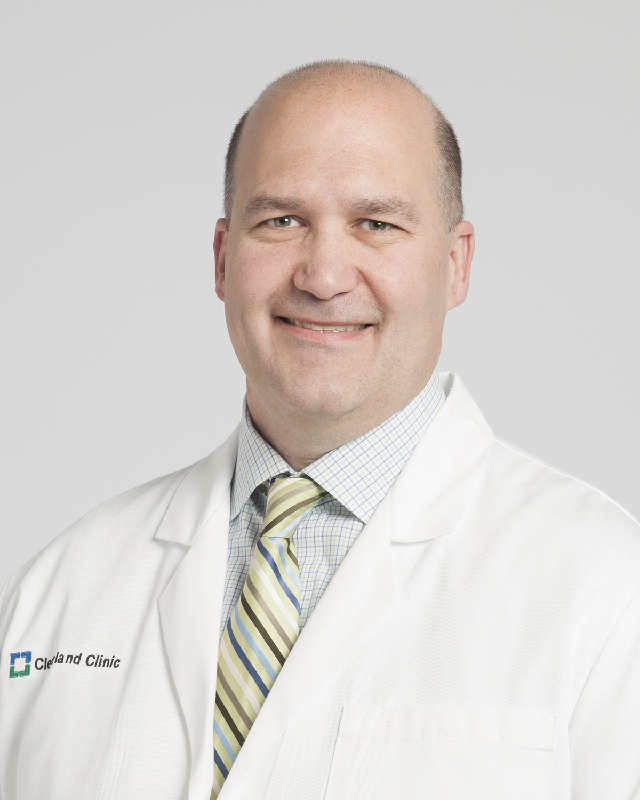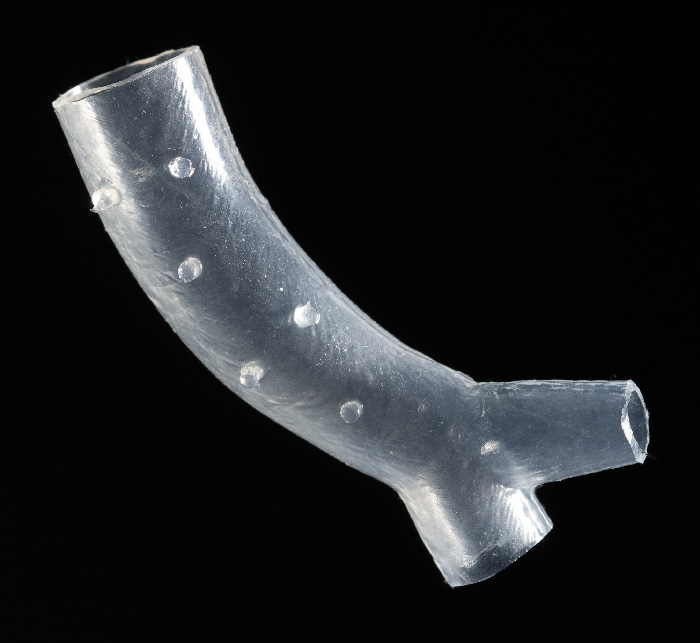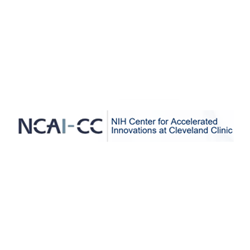 As the Section Head of Bronchology at Cleveland Clinic, Thomas Gildea sees patients whose airways don’t stay open, either due to injury or illness. To provide relief, he inserts a hollow tube called a stent into the lung airway. But complications can occur in a high percentage of patients, often because the stents come in generic shapes and sizes and don’t fit perfectly in the airway. So when he heard that other physicians were customizing stents, Gildea started making some of his own, first by hand and then through a computer program his team built.
As the Section Head of Bronchology at Cleveland Clinic, Thomas Gildea sees patients whose airways don’t stay open, either due to injury or illness. To provide relief, he inserts a hollow tube called a stent into the lung airway. But complications can occur in a high percentage of patients, often because the stents come in generic shapes and sizes and don’t fit perfectly in the airway. So when he heard that other physicians were customizing stents, Gildea started making some of his own, first by hand and then through a computer program his team built.
The stent designs are made using an online software package. Images from a CT scan of a patient’s airway are loaded into the software that then provide a design for a stent mold. The 3D printed mold is used to form a silicone stent that matches the shape and size of the patient’s airway.
Gildea and his team were applying for authorization from the FDA for compassionate use of their stents when they learned about a funding mechanism that could help make their technology widely available, potentially reaching the tens of thousands of patients who need airway stents each year. The funding was a proof-of-concept grant from the NIH Centers for Accelerated Innovations at Cleveland Clinic (NCAI-CC), which they received in 2015. The money allowed the team to show how well the personalized stents could work in patients.
Aside from direct funding, the NCAI-CC award also provided opportunities for mentorship and entrepreneurial education. “Probably the best part of [NCAI-CC support] was the ability to interact with federal agencies like the NIH and the FDA. Starting those relationships early was absolutely instrumental in terms of helping us get through the process,” says Gildea, who received 510(k) clearance through the FDA for the patient-specific stents in 2019 based on data from compassionate use cases.
One of his patients, whose condition was worsening, needed a stent readjustment every 42 days due to complications. After receiving a personalized stent, the patient avoided further complications for more than a year.
Since then, the team and a handful of university and clinical partners have placed more than 20 stents in patients. And although a clinical study assessing patient-reported quality of life has been postponed due to the pandemic, Gildea says the anecdotal evidence for how well the stents work is clear. One of his patients, whose condition was worsening, needed a stent readjustment every 42 days due to complications. After receiving a personalized stent,  the patient avoided further complications for more than a year. “We've seen similar things with other patients who go from being completely incapacitated, to having a stent put in and going back to work,” says Gildea.
the patient avoided further complications for more than a year. “We've seen similar things with other patients who go from being completely incapacitated, to having a stent put in and going back to work,” says Gildea.
The Cleveland Clinic spin off company that licensed the stents, VisionAir Solutions, is planning a small market release as well as a clinical study to measure patient-reported quality of life and stent complications in the near future. Gildea's motivation for making the stents—which he plans to continually improve by exploring new shapes, sizes and base materials—is clear: “They are making peoples’ lives better.”







